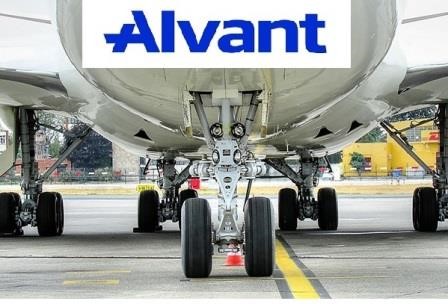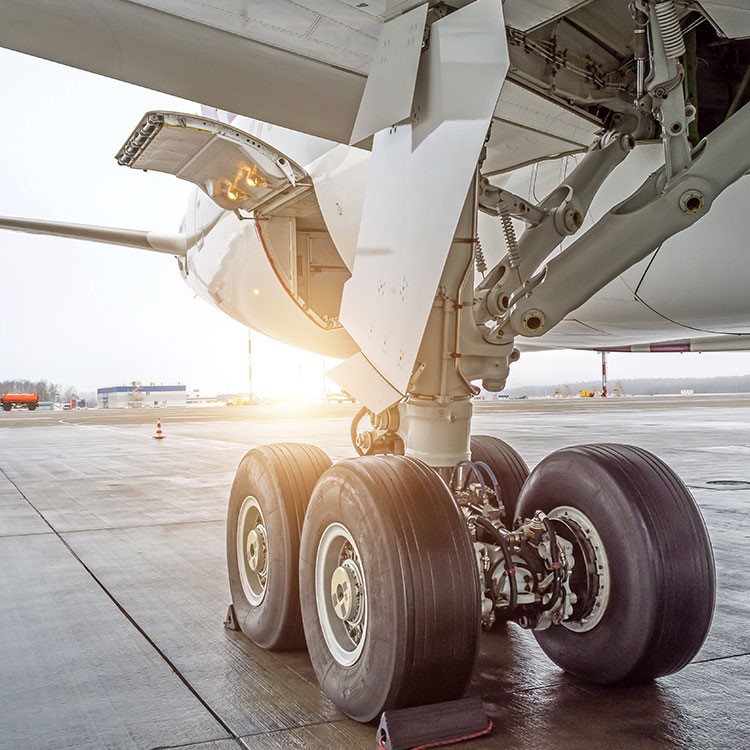

The aerospace manufacturers keep pursuing to identify news paths to soar product capacities and performance, while concurrently achieving determined goals for fuel efficiency and sustainability.

Alvant, an organization specialised for the design, development, testing and manufacture of Aluminium Metal Matrix Composite materials and components (AMCs), moves at supplying benefits to the aerospace sector.
The formula of lessening weight without negotiating on structural integrity is a must-have for almost all engineering projects and aerospace remains as the most vital industry, as weight reduction is directly proportionate to the reduction of fuel consumption and carbon emissions.
The most typical modern commercial aircraft have a material mix (by weight) of 50% composites, 20% aluminium, 15% titanium, 10% steel, 5% other materials. As well as weight, the industry is also looking to reduce titanium content due to cost, the difficulty to the machine and the environmental impact of mining and processing.

When the industry is facing a huge challenge to the broad criteria, Aluminium Matrix Composites comes up as a solution. AMCs is an advanced class of composite materials in which the aluminium is reinforced with a secondary high-performance material and is suitable for applications where conventional metals are expected to approach or exceed their performance limits. AMCs could also find useful applications in high-pressure seals, aircraft landing gear and seats, where safety and reliability are essential.
The demanding interest in AMCs has been proclaimed by big-brand collaborative projects such as the one with the high-technology group, Safran Landing Systems, that has recently joined hands with Avant on a two-year, £28m project, titled ‘Large Landing Gear of the Future’ to reduce landing gear weight by as much as 30%.
Richard Thomson, Commercial Director, Alvant said: “The project aims to make use of new materials and manufacturing methods to develop and demonstrate technologies that will reduce landing gear weight, fuel burn and noise at the same time as improving reliability and lowering maintenance, repair and operating costs.”
Alvant’s contribution to the project is the design, manufacture and testing of an AMC brake rod, targeting a 30% weight reduction over an equivalent titanium component whilst maintaining the same strength as steel.
Thompson added by saying: “A key objective of the Large Landing Gear project is to test and demonstrate as many technological advances as possible. Alvant’s AMCs are a sustainable solution that enhances product capabilities. This landing gear component is just one of the many ways in which AMCs can help.”

Another innovation from Alvant is CorXal, a unique high-performance multi-phase AMC that is similar in concept to a sandwich material but made in a single shot process, providing ultra-high stiffness and a density similar to carbon composite.
Alvant is currently working with aerospace companies to explore potential applications of this material, one example including the incorporation of a single piece AMC in the leading edge of aircraft wings.
Aircraft wings are subject to large aerodynamic forces, huge changes in temperature and are susceptible to bird and lightning strikes.
Richard Thomson concluded: “These industries face the challenge of finding suitable materials that will decrease weight whilst maintaining reliability and reducing the costs whole-life ownership can bring.”
“AMCs offer exciting potential to industries that need a step-change in performance to meet ever stringent market and legislative demands. We are in the growth stages of the age of New Materials, now is the time for the aerospace industry to stop relying on traditional technologies and embrace change.”



Responses






